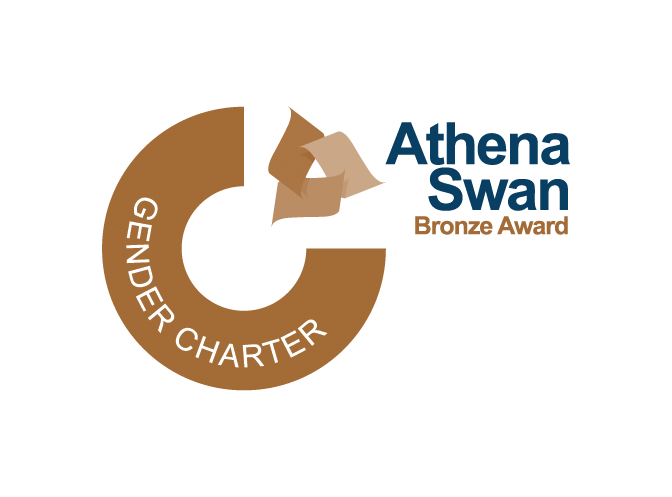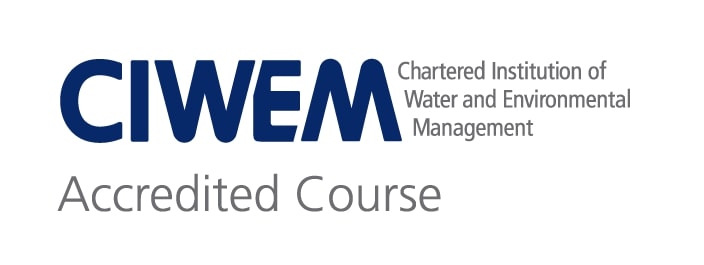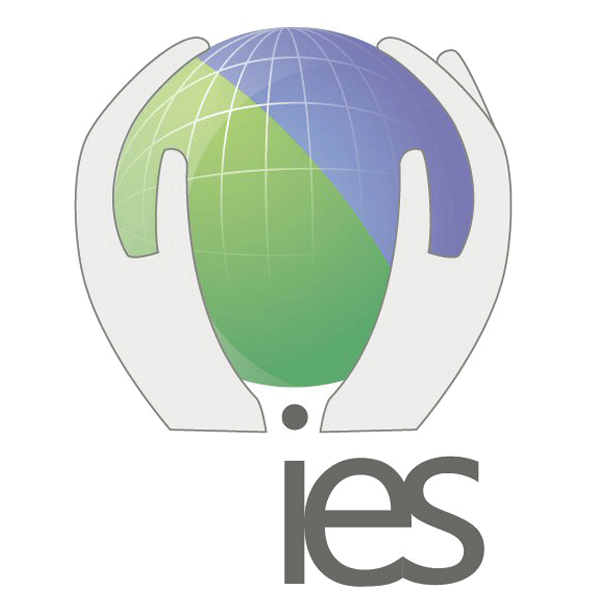Mitti Matters: Co-creating enhanced ecosystem services from green spaces
Mitti Matters is a collaborative project involving a selected group of experts and citizens from Milton Keynes with varying interests in nature and the environment, working with Open University staff. (‘Mitti’ (मिट्टी) is the Panjabi word for soil. The word ‘mitti’ evokes ancestral land memories for many first and second-generation British South Asians, through family histories and nostalgic stories that the elders carried with them from the Motherland. It can hold a deep spiritual and inter-generational dimension of Panjabi folk traditions and celebrations of festivals like Lohri and Vaisakhi. )
Together, we will write a project proposal to jointly explore the potential of habitat restoration to supply 'ecosystem services' in Milton Keynes and its surrounding area. The habitat we will restore is floodplain meadows, the area's traditional land use. (We define 'ecosystem services' as the benefits people derive from the natural environment.)
What are floodplain meadows?
.jpg) Floodplain meadows have been highly valued in the UK landscape for more than a thousand years. They characteristically comprise a wide range of plant species, which in turn support a high diversity of other species (including birds and insects).
Floodplain meadows have been highly valued in the UK landscape for more than a thousand years. They characteristically comprise a wide range of plant species, which in turn support a high diversity of other species (including birds and insects).
A 'meadow' is grassland that is mown annually. Traditionally, the hay crop has been important for sustaining farm animals through winter. Mowing has other potential uses. For example, it can strip nutrients from soils, helping counteract the increase in nutrients that is generated by urban centres and intensive agriculture (e.g., through fertilisers).
Roots from different plants that thrive in meadows can also add carbon to the soil and develop its structure, enhancing its ability to store and conduct water. This can support both flood-risk mitigation and water-resource management.
It is the ecosystem services provided by meadows, such as biodiversity conservation, nutrient management, carbon storage, human well-being and recreation, and flood-risk mitigation, that we seek to explore through the 'Mitti* Matters' project.
Why are we seeking to collaborate?
Typically, university researchers apply for public funding for research without input from external partners and/or citizens. The quality of these applications is assessed by other researchers, who are referred to as peers. The process for assessing the applications is called 'peer review'. Famously, Sir Isaac Newton characterised this process when he argued that successful scientists, "...stand on the shoulders of giants".
Our approach is different. Informed by engaged research, we will involve a wider range of expertise than just academic researchers. We will involve people with particular forms of expertise, such as green-space managers and local nature-conservation volunteers, to produce a research proposal that is informed by scientific and public needs. If we refer back to Sir Isaac Newton's famous phrase, engaged research involves researchers standing shoulder to shoulder with a range of interested and affected parties, in this instance to deliver excellence in research and shared solutions to environmental challenges.
Acknowledgement
Mitti Matters is funded by UKRI/NERC through their Growing Shoots Programme.
News
Celebrating our new Professor of Ocean Biogeochemistry, Pallavi Anand
We are celebrating another new professor in EEES, following the promotion of Dr Pallavi Anand to Professor of Ocean Biogeochemistry.
Celebrating our new Professor of Planetary Mineralogy, Susanne Schwenzer
We are celebrating a new Professor in EEES. Dr Susanne Schwenzer has recently been promoted to Professor of Planetary Mineralogy.


